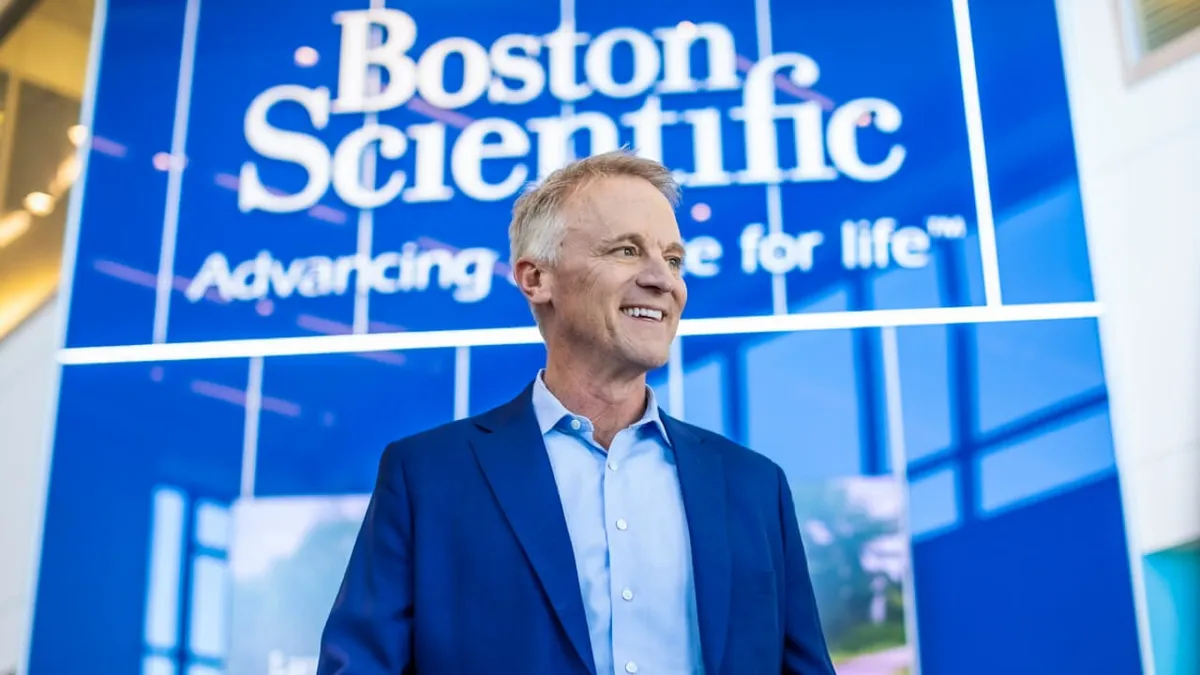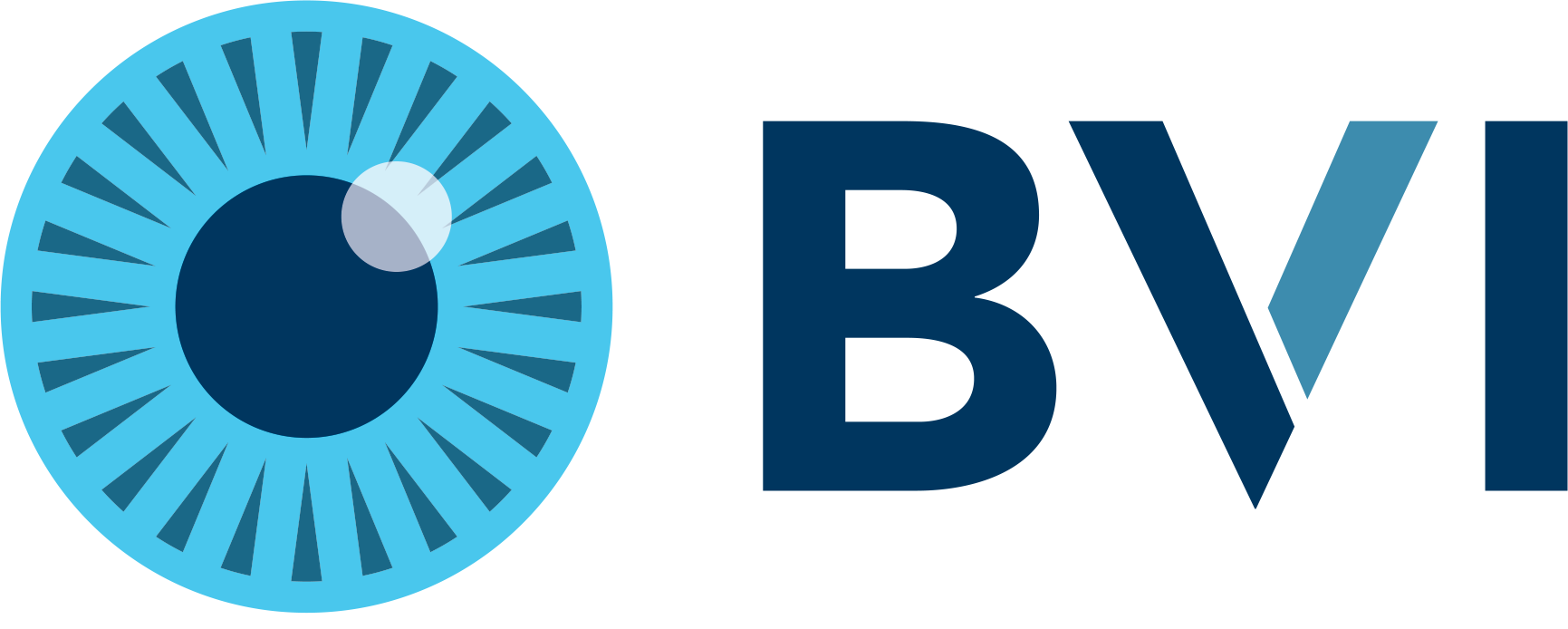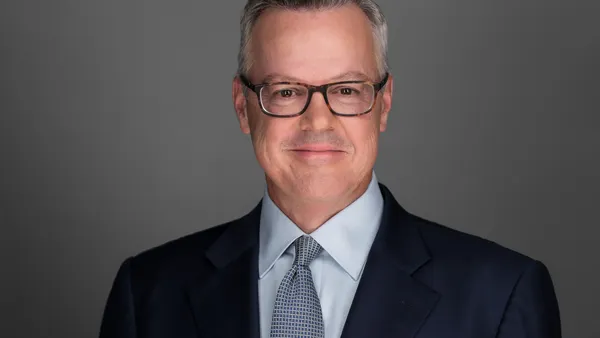Boston Scientific gave a first look at Farapulse’s U.S. launch Wednesday after weeks of hype from industry and Wall Street since the pulsed field ablation (PFA) system was approved by the Food and Drug Administration.
Executives boasted about the technology’s brief time on the U.S. market and were bullish on its future, although they did not provide specific sales numbers for Farapulse.
“[Farapulse] is the most transformational product that I've seen in my career with the company,” CEO Mike Mahoney told investors on an earnings call. “It's a remarkable platform, and we're seeing excellent safety results, ease of use, rapid adoption and excellent effectiveness.”
Mahoney said that despite receiving U.S. approval midway through the first quarter — and earlier than expected — Farapulse fueled electrophysiology sales of $300 million, representing year-over-year growth of 70%.
The CEO declined to provide financial details on Farapulse when pressed by analysts on the call, saying Boston Scientific waited to give specifics on its Watchman heart device until it was close to a billion-dollar platform.
“[Farapulse is] going extremely well,” Mahoney added. “Importantly, we made significant investments in the supply chain two to three years ago to be ready for where we are today.”
PFA is gaining momentum as a new treatment for atrial fibrillation, a type of irregular heartbeat that can increase the risk of stroke and heart failure. The catheter-based technology uses non-thermal electrical pulses to target cardiac tissue, as opposed to the heat-based method of radiofrequency ablation (RFA) or extreme cold used in cryoablation.
The technology has taken off after Medtronic received the first FDA approval for a PFA device in December, followed soon after by Boston Scientific. The space is attracting other large medtech companies: Johnson & Johnson projected on last week’s earnings call the FDA’s decision on its Varipulse system will come in late 2024 or early 2025, while Abbott is further behind.
Now, the question is, how fast can the technology take over standard treatments?
Mahoney said there has already been “very rapid adoption” from both RFA and cryoablation users, adding that despite the sooner-than-expected approval from the FDA, the company has met demand.
The next steps include increasing usage in the U.S. and Europe. Mahoney said the company is seeing more adoption in Europe, where Farapulse has been on the market for several years, now that there is more supply than last year.
Boston Scientific also plans to expand Farapulse into Asia, specifically Japan and China. The CEO added that those market additions would more likely come at the end of the year or early next year.














